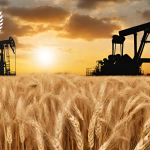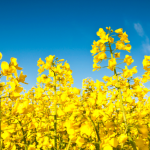HAMBURG, Sept 24 (Reuters) – A surge in rapeseed prices this autumn will generate more rapeseed sowing in leading European rapeseed producers France, Germany and Britain, experts said on Friday.
But poor weather means reductions are possible in Poland.
Prices for rapeseed, Europe’s most important oilseed for edible oil and biodiesel, have risen sharply on concern about tight global supplies, especially after estimates of Canada’s crop were cut.
“There’s a lot of rapeseed being sown with the high prices and the good yields in the harvest,” a French trader said. “This year rapeseed generated the best margins per hectare. Farmers are getting prices of close to 600 euros a tonne, that represents a very healthy gross margin.”
France’s sowings for the 2022 harvest will rise between 15% and 20% on the previous year as farmers are encouraged by good crops this summer and high prices, French oilseed growers group FOP said.
In Germany, which competes with France to be the European Union’s largest rapeseed producer, high prices should also generate a sharp increase in plantings this autumn.
“I estimate a 10% increase in Germany’s sowings this year to about 1.1 to 1.2 million hectares,” one German grains analyst said.
Britain may see a slight rise in rapeseed area although many farmers have abandoned the oilseed in recent years, due to pest problems, and may be reluctant to return to what is seen as a risky crop.
“The recent push higher in rapeseed markets … may encourage some to think again about rapeseed, but even infinite increases in rapeseed price would fail to compensate for a complete crop loss, zero yield and the associated costs, and therefore the picture is less clear,” said analyst Peter Collier of CRM Agri.
In Poland, rain, which delayed this summer’s harvest, may have hindered rapeseed sowing, said Wojtek Sabaranski of analysts Sparks Polska.
“Due to the prolonged harvest and wet weather, rapeseed sowing progress in the country varied,” Sabaranski said. “In some regions, not all farmers were able to sow rapeseeds due to harvest delays and subsequent sowing difficulties.”
(Reporting by Michael Hogan in Hamburg, Gus Trompiz in Paris and Nigel Hunt in London, editing by Jane Merriman)


